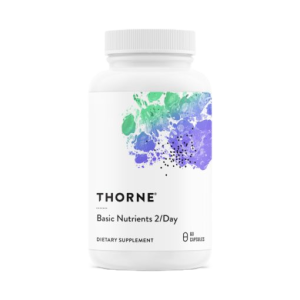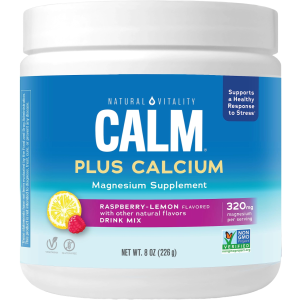Free delivery on all UK orders over £40
Magnesium Supplements
Shop our range of magnesium supplements and products. Magnesium plays many crucial roles in the body, such as supporting muscle and nerve function and energy production. Choose from magnesium tablets, capsules, magnesium spray, lotions, and magnesium drinks to find the perfect magnesium supplement for you!
-
 Add to Wish ListOut of stock
Add to Wish ListOut of stock -
Magnesium Supplements at Proactive Healthcare
Magnesium is a vital mineral that plays a crucial role in various bodily functions, including energy production, muscle and nerve function, and bone health. At Proactive Healthcare, we provide top-quality magnesium supplements designed to support your overall wellness.
Types of Magnesium
Magnesium supplements come in various forms, each with unique benefits and absorption rates. Understanding the differences can help you choose the best option for your health needs.
Here’s an overview of the most common types of magnesium:
- Magnesium Citrate: a combination of magnesium and citric acid. Due to its high bioavailability—which means that the body can easily absorb it—it is one of the most widely used forms. This form is often recommended for individuals with digestive issues or those looking to relieve constipation, as it has a mild laxative effect.
- Magnesium Oxide: contains a high percentage of elemental magnesium, making it a potent option. However, it has lower bioavailability compared to other forms. It is often used as an antacid to relieve heartburn and indigestion.
- Magnesium Glycinate: magnesium combined with glycine, an amino acid. This form is known for its excellent absorption and gentle effect on the stomach, making it suitable for individuals with sensitive digestive systems. It is often used to promote relaxation and improve sleep quality.
- Magnesium Malate: a combination of magnesium and malic acid, which is found naturally in fruits. It is highly bioavailable and is often used to alleviate muscle pain and fatigue, making it popular among individuals with fibromyalgia or chronic fatigue syndrome.
- Magnesium Taurate: a combination of magnesium and taurine, an amino acid that supports cardiovascular health. This form is particularly beneficial for individuals with heart conditions, as it may help regulate blood pressure and support heart function.
- Magnesium L-Threonate: a newer form of magnesium that has been shown to cross the blood-brain barrier effectively. It is believed to enhance cognitive function and support brain health, making it a popular choice for individuals looking to improve memory and mental clarity.
- Magnesium Chloride: a highly absorbable form of magnesium often used in topical applications, such as magnesium oils and bath salts. It is also available in oral supplements and is known for its rapid absorption and effectiveness in replenishing magnesium levels.
- Magnesium Sulfate: commonly known as Epsom salt or magnesium salts, it is a compound of magnesium, sulfur, and oxygen. It is widely recognised for its therapeutic benefits, particularly when used in baths to relieve muscle soreness and stress. It is most commonly used topically due to its specific benefits and applications.
Check out our blog post, Best Magnesium Supplement UK: Your Guide To Optimal Health Choices to discover our top picks.
Frequently Asked Questions
1. What is magnesium?
Magnesium is a mineral essential for various bodily functions, including energy production, normal muscle function, normal functioning of the nervous system, and bone health. It also plays a role in regulating low and high blood pressure and heart rhythm.
2. How much magnesium should I take daily?
The recommended daily intake of magnesium varies by age and gender. For adults, it generally ranges from 270 to 300 mg per day. It's best to consult with a healthcare provider to determine the appropriate dosage for your specific needs.
3. What are the signs of magnesium deficiency?
Common signs of magnesium deficiency include muscle cramps, tiredness and fatigue, irritability, irregular heartbeats, and sleep disturbances. If you suspect a deficiency, it's important to consult with a healthcare professional.
4. Can I get enough magnesium from my diet?
While it's possible to get magnesium from foods like green leafy vegetables, nuts, seeds, and whole grains, many people do not consume enough magnesium through dietary intake alone. Topical and oral magnesium supplementation can help fill the gap and ensure adequate magnesium intake.
5. Are there any side effects of magnesium supplementation?
Magnesium supplements are generally safe when taken as directed. However, high doses can cause side effects such as magnesium toxicity, diarrhoea, nausea, and abdominal cramping. It's important to follow the recommended dosage and consult with a healthcare provider if you have any concerns.
We notice you are browsing from Outside of the UK. You may wish to Visit our EU store.













